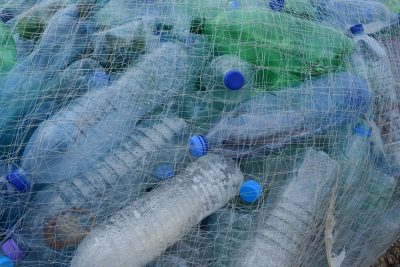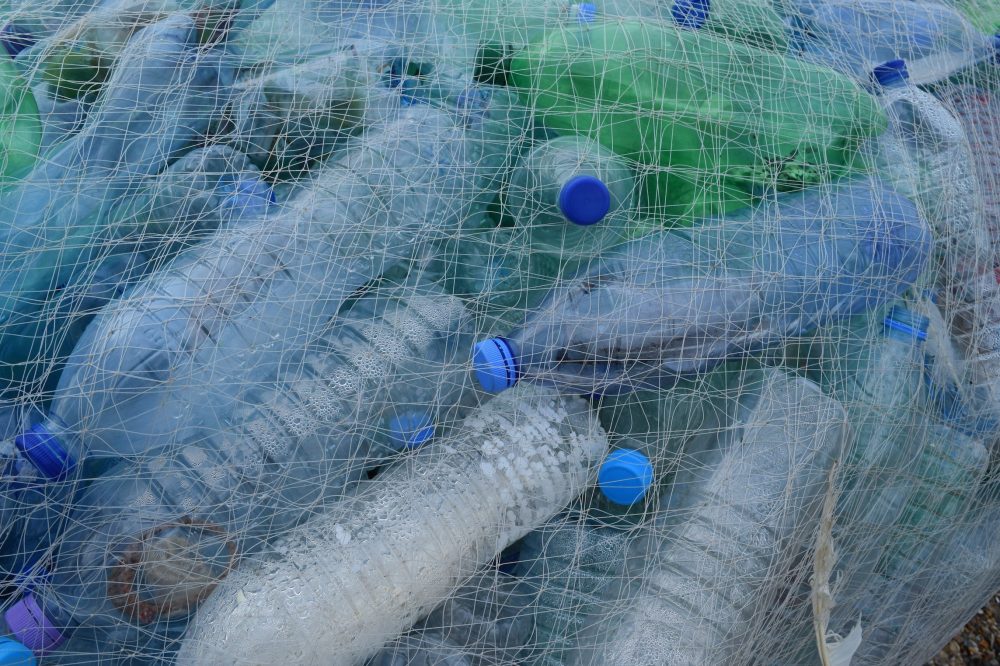Rethinking global governance of plastics – the role of the industry.


Date of publication 20 April 2020
Authors Raubenheimer, Karen; Urho, Niko.
Sources Rethinking global governance of plastics – The role of industry (2020) Marine Policy : 113, 103802.
Abstract
Abstract: Options to address the problem of global plastic pollution have been a priority topic of discussion in a number of international political gatherings, with a number of countries calling for a new agreement on a regulatory framework. The authors of this article provide an overview of these discussions. According to them, traditional approaches have been evoked such as the implementation of preventive measures to avoid the arrival of plastic waste at sea, such as, for example, the banning of single-use bags. However, no concrete agreement on financing methods to support national action plans was validated, especially when these plans require the establishment of a sustainable waste management system. A new scheme is proposed here by extending the concept of plastic producer responsibility. Based on the notion of the polluter paying, this scheme would form the core of a global system to reduce plastic waste. It would be implemented through standard methods and through the development of voluntary national financing plans. This would allow the polluter pays principle to be applied to plastics pollution management at an international level The SeaCleaners’ View : The “polluter pays” principle is a fundamental aspect of environmental law. It is Principle No. 16 of the 1992 Rio Declaration. According to this approach, the industrialist is responsible for the end of life of what he produces. When this product becomes waste, it must therefore ensure its recovery, recycling or treatment. This approach is very little followed by industry, because it is ultimately the person who makes the manufactured product just before it is sold that is impacted. The rest of the value chain on materials and their use is not. Moreover, waste management is often organized by the states or provinces in a way that is rather disconnected from industrial production. The premium and tax approach to financing these activities has its limitations. The global regulatory framework proposed in this article would impose international taxation with the virtue of stimulating the emergence of new innovative products and thus minimizing taxes. In fact, in our opinion, it is the notion of responsibility evoked in the “polluter pays” principle that should be extended. Indeed, the industrial producer of a plastic object is responsible for its end of life, but the consumer is also responsible for its purchase and use, governments for supporting a linear economic model that consumes resources and produces waste. Our model of western society is just as responsible when it is implemented in developing countries, leading to hyperconsumption of short-lived products and accumulation of unmanaged waste, because it is deemed to be the responsibility of governments. Before the arrival of all plastic, fibre baskets, leaves, wood… degraded very well along rivers where they were abandoned as waste. This habit, which is much criticized today, was very well adapted to the lifestyle in place. Western societies, under the guise of economic development, installed new consumption habits without worrying about waste management, whereas the problem of landfills was already well known in these societies. In this case, who pays? We can see from this example that the notion of responsibility is not so simple to determine. Let’s bet that the circular economy will bring solutions where each link in the chain, including the consumer, will understand his or her global responsibility
Comments area